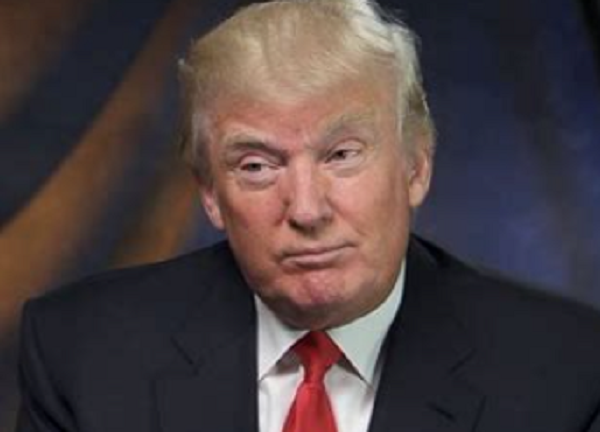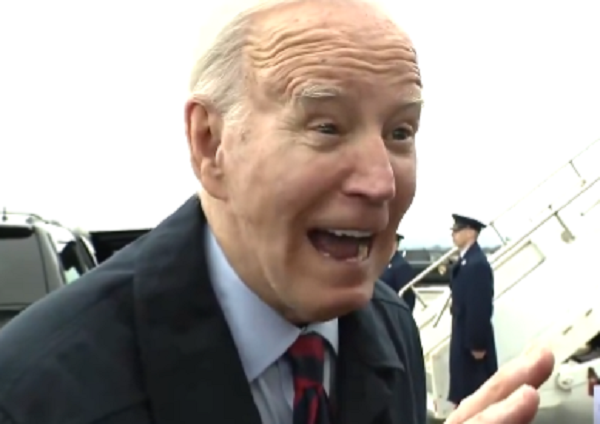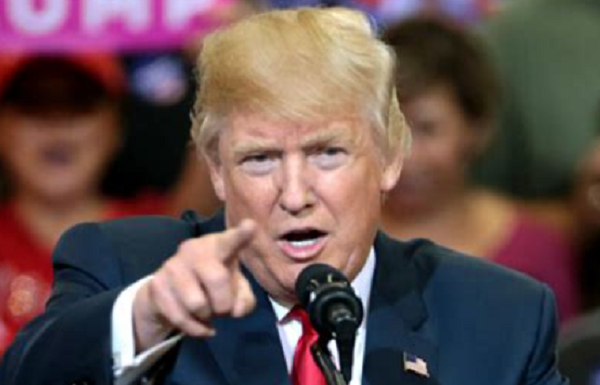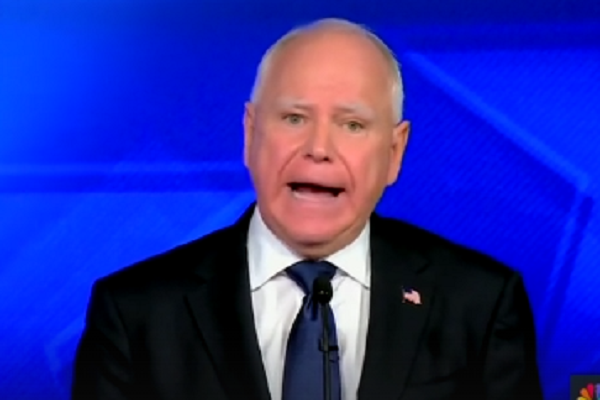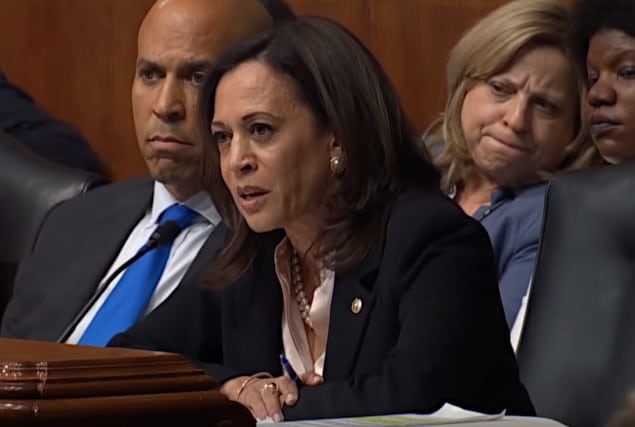Former President Donald Trump’s request to determine his immunity from prosecution for allegedly attempting to overturn the 2020 election results has been granted by the U.S. Supreme Court. The court will examine the extent to which a former President is protected from criminal prosecution for actions taken during their time in office. Oral arguments are scheduled to commence during the week of April 22, as stated in the court’s order.
Additionally, the appellate court has been instructed to suspend Special Counsel Jack Smith’s case against Trump until the Supreme Court reaches a decision on the immunity issue. This question has already caused delays in the prosecution process, with a trial date initially set for March 4, 2024, following Trump’s indictment on four counts on August 1, 2023.
District Judge Tanya Chutkan had previously postponed the trial date, and today’s order emphasizes that pre-trial proceedings in the prosecution must remain on hold.
Legal Scholar Jonathan Turley revealed that the timeline “is a blow to Smith,” and even though the Court didn’t grant a stay, “It has constructively created such a stay by scheduling the argument. Keep in mind, even if Smith prevails, pre-trial work must wait for the return of the mandate.”
“Even if the Court issues a decision before June in favor of the government, the trial court must hash out discovery and other motions,” he continued. “That would push the trial closer to the November election in tension with existing DOJ policies.”
The order setting argument on immunity for April 22 is a blow to Smith on the calendar. Rather than granting a stay, it has constructively created such a stay by scheduling the argument. Keep in mind, even if Smith prevails, pre-trial work must wait for the return of the mandate
— Jonathan Turley (@JonathanTurley) February 28, 2024
The lower court’s groundbreaking ruling stated that a former president does not have immunity for actions taken while in office, even if a sitting president cannot be prosecuted. Trump’s argument that being impeached and acquitted precludes him from prosecution on double jeopardy grounds was also highlighted.
If the court does not side with Smith and the lower court, it may agree with Trump that his actions are within the “outer perimeter” of his official duties as president, leading to absolute immunity. This would not only affect Smith’s prosecution but also state-level cases against Trump for election interference.
Alternatively, the court could establish limited presidential immunity and apply a specific test, such as the “outer perimeter” test, before sending the case back for further evaluation. The appeals court would then review these determinations, with the Supreme Court likely to weigh in after the November elections to ensure the correct application of the test.



